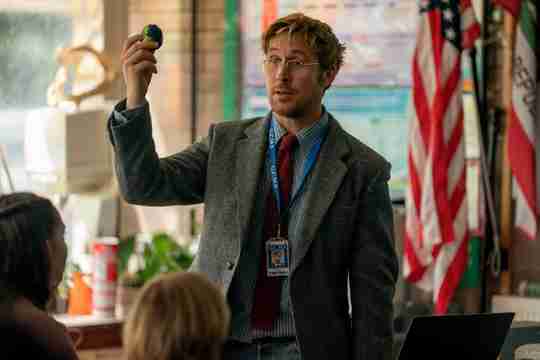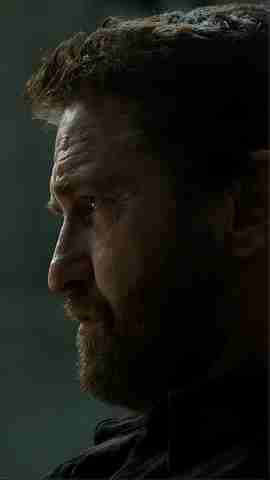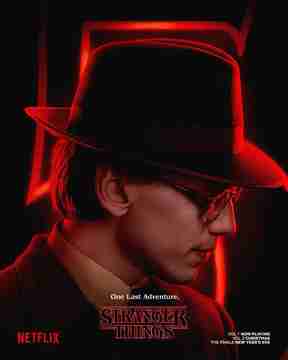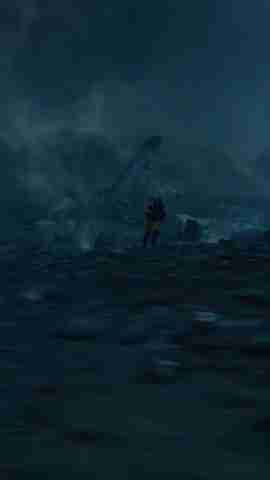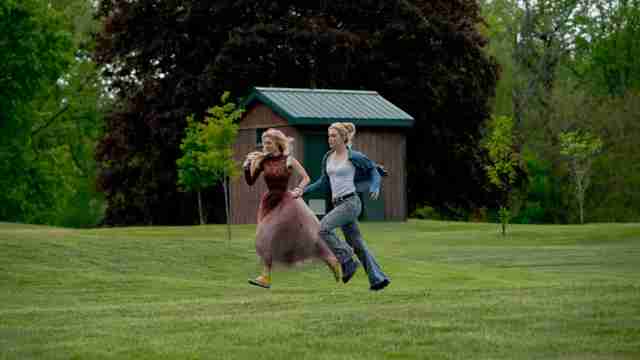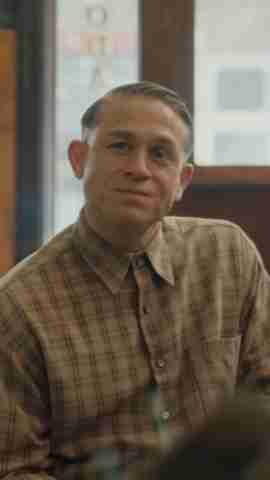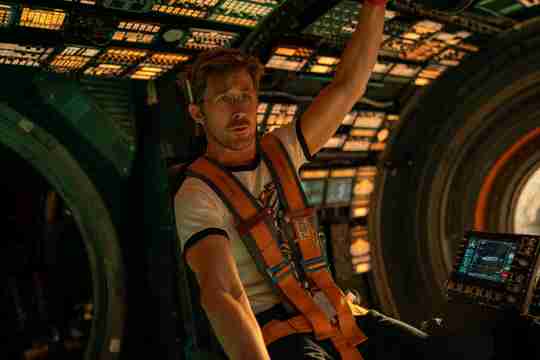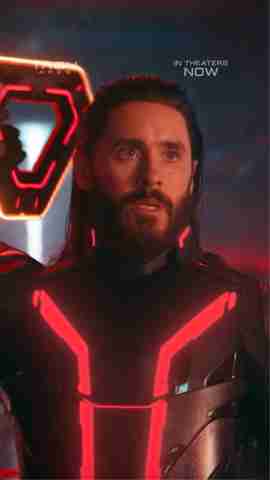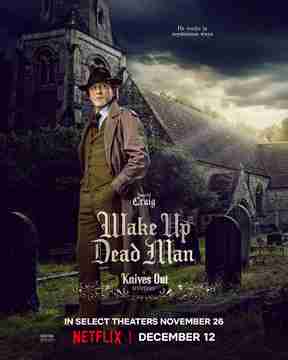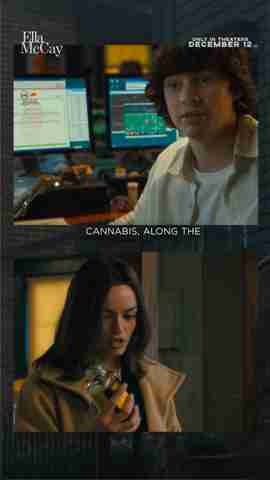Season 3 Episodes
1. Devon and Cornwall
First of an eight-part series in which Adam Hart-Davis cycles around the country in search of the unsung heroes of science. He visits south-west England, where his subjects include William Murdock, who devised the world's first mechanical vehicle and also came up with the idea of gas lighting, and the tragic Henry Winstanley, who amazed critics by building Eddystone Lighthouse in the seas off Plymouth, only to perish with his creation in a storm.
2. London
Adam Hart-Davis cycles around the country in search of the unsung heroes of science. This week he visits London, where he builds his own submarine to illustrate the achievements of Cornelus Drebbel, who rowed underwater from Westminster to Greenwich and back again. His other subjects include Charles Babbage, whose work with mechanical adding machines heralded the computer age.
3. Egypt
In the first of two programmes to mark Science Week, Adam Hart-Davis travels to Egypt in search of the earliest heroes of science. Using a drinks can and a stove, he recreates Hero of Alexandria's invention of the steam engine. Other early geniuses include Eratosthenes, who calculated the earth's circumference using only a stick, and Alhazen of Cairo, who devised the pinhole camera.
4. Sicily
In the second programme for Science Week that traces the origins of modern science, Adam Hart-Davis visits southern Italy, home to the greatest scientists of the ancient world. In Syracuse, he recreates Archimedes's famous "eureka" incident and attempts the mythical trick of burning boats with mirrors. Atop Mount Etna, he reveals how a scientist's last volcanic experiment to prove his immortality went tragically wrong.
5. South
Adam Hart-Davis continues his search for unsung heroes of science when he cycles around the south of England. On a stop-off in Surrey, he uses a tin of tuna to explain the physics behind Neville Barnes-Wallis's invention of the bouncing bomb. Other subjects include Charles Darwin, whose theory of evolution is explored in a series of programmes beginning on Friday, and Thomas Young, who discovered how the eyes focus.
6. Ireland
Adam Hart-Davis cycles around Ireland to rediscover some scientific milestones. He looks at how John Tyndall found the sky was blue, how Charles Parsons used a telescope to see spiral galaxies, and why catamaran inventor William Petty revived a hanging woman.
7. N & W Birmingham
Adam Hart-Davis searches for unsung heroes of science on a trip to the Potteries, Staffordshire. Using a few pipes, a ribbon and an air pump, he demonstrates the early ideas for a voice synthesiser that were developed by Erasmus Darwin. Charles Darwin's grandfather. Other subjects include John "Iron Mad" Wilkinson, who perfected the aim of the cannon.
8. North West
Adam Hart-Davis takes a ferry across the Mersey to celebrate the work of the North West's unsung heroes of science in the last of the current series. He relives his childhood love of Meccano, invented by Frank Hornby, before moving on to celebrate the work of other scientists and innovators, including Arthur Doodson, who perfected a way to predict the tides; Alastair Pilkington, who invented a way of producing flawless glass; and Jeremiah Horrocks, the founder of English astronomy, who was the first to track the orbit of Venus and revolutionised how astronomers consider the universe.
9. South of England
Adam Hart Davis begins another cycling tour in search of more tales of pioneering inventors in an eight-part fourth series. Hart-Davis begins by exploding balloons of hydrogen and oxygen in London, just as Henry Cavendish did in the late 18th century to prove that water was H20. He also stops in Hungerford, Berkshire, where farmer Jethro Tull invented the seed drill in 1701.
10. Edinburgh
This week Hart-Davis makes the journey to Elgin, re-creating the moment when Alexander Graham Bell invented the telephone, and to the site where James Watt carried out his work on the steam engine. He also salutes the inventor of the thermos flask, the man who found a way to fight scurvy with citrus fruits, and thesaurus writer Peter Mark Roget, whose work in optics has been neglected.
11. The Netherlands
In Delft, Hart-Davis profiles the draper who was the first person to see bacteria through a microscope and the book-keeper whose gravity experiments predated Galileo's by four years. He also celebrates Gabriel Daniel Fahrenheit, inventor of the standard calibrated thermometer, and uses his bike to reconstruct the world's first pendulum clock.
12. North of England
Adam Hart-Davis recalls William Sturgeon's inventing the electric motor and James Nasmyth's steam hammer; he also sees Joseph Paxton's inspiration for Crystal Palace and looks at the Manchester desk at which Ernest Rutherford worked on atomic structure.
13. Gloucestershire
Adam Hart-Davis recalls the work of Edwin Beard Budding, who invented the lawnmower, and focuses on William Henry Fox Talbot, the father of modern photography. Plus James Bradley, who was the first to calculate correctly the speed of light; Sir Charles Wheatstone, who invented the concertina; and Jan Ingenhousz, who discovered photosynthesis.
14. Heroines
15. East Midlands
Adam Hart-Davis cycles to Nottinghamshire and Leicestershire to find out about this week's heroes. They include Frank Whittle, who invented the jet engine, and Robert Bakewell, the world's first genetic engineer.
16. West of Scotland
Adam Hart-Davis concludes the series by visiting western Scotland. There he learns about John Logie Baird, inventor of the television, Lord Kelvin, who established absolute zero, and Kirkpatrick Macmillan, whose innovations led to the invention of the bicycle.



